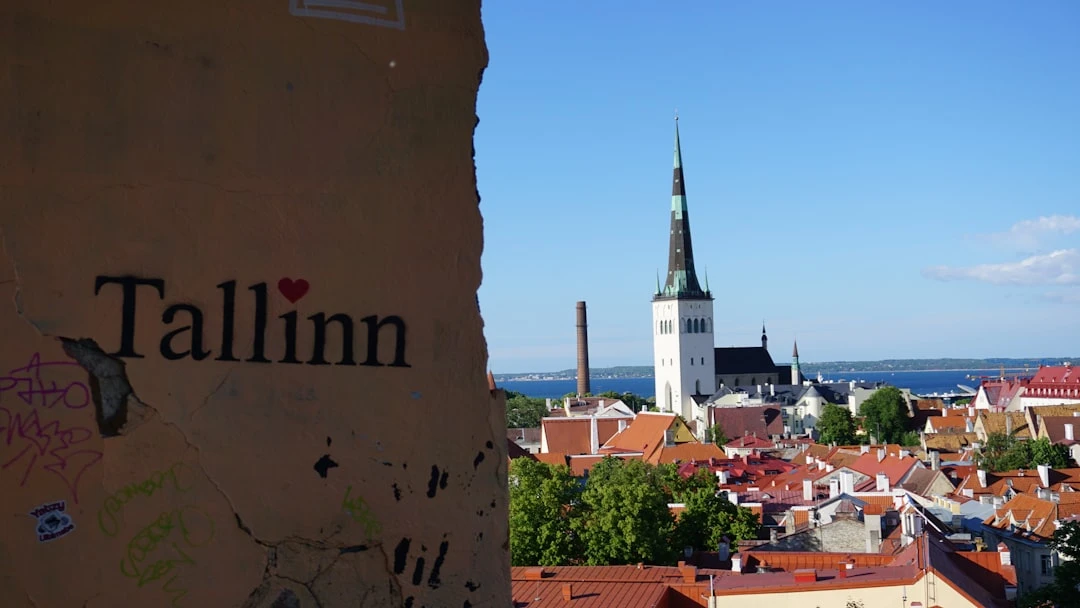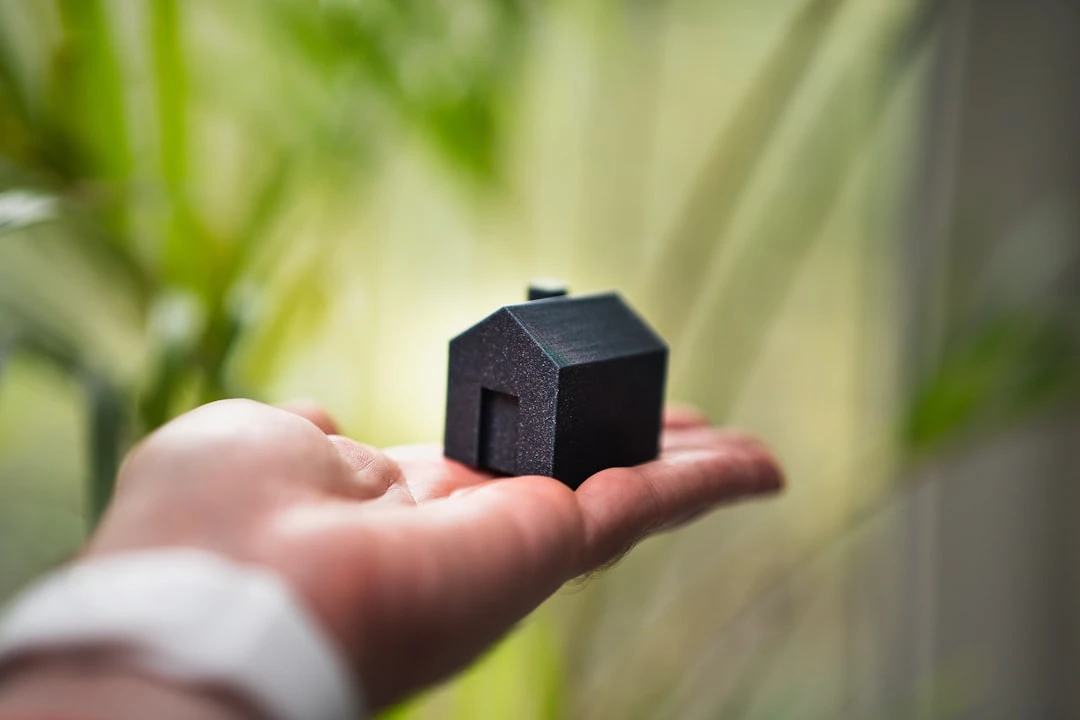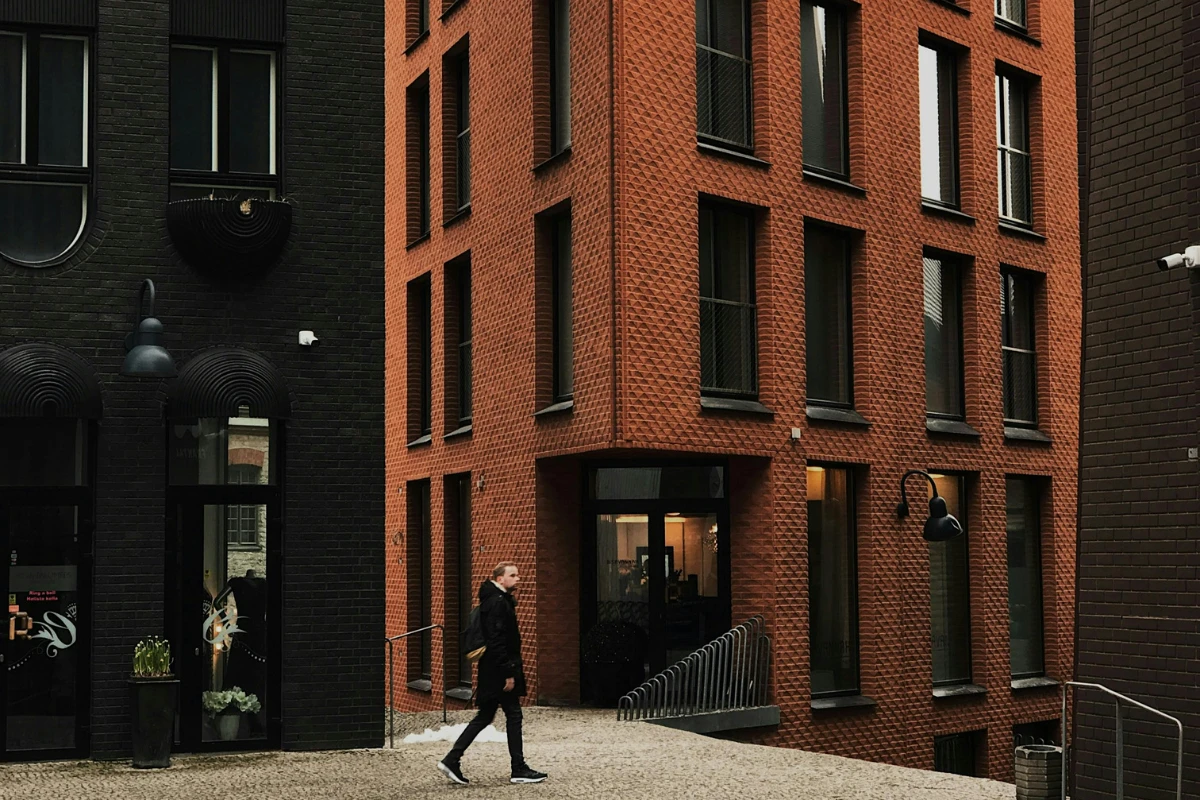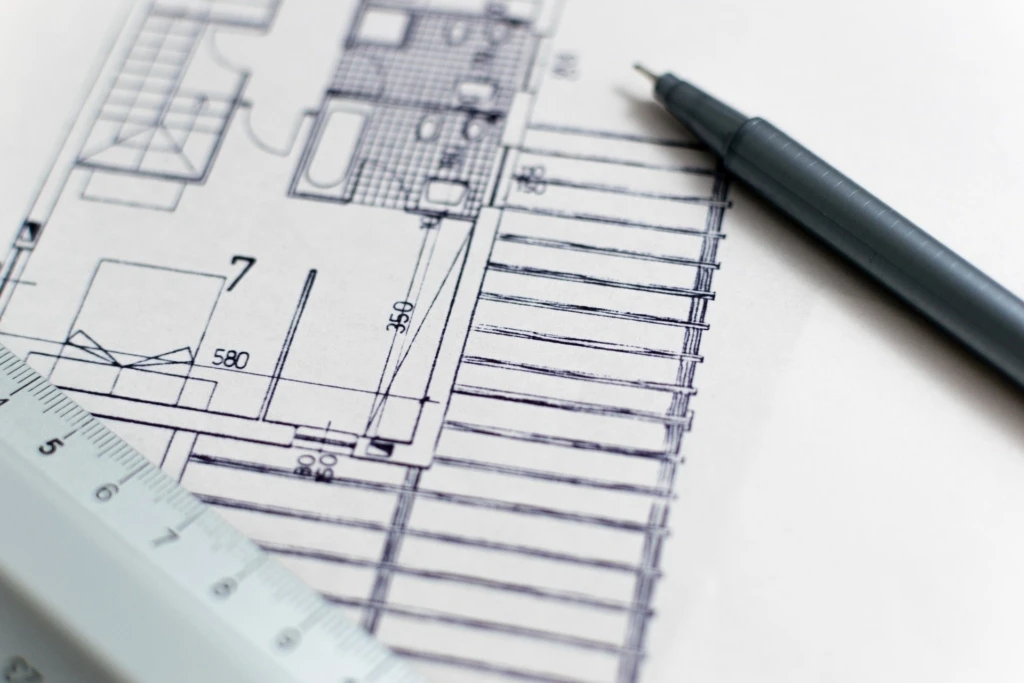Good Neighbors, Better Home Feeling: How to Create a Friendly Community
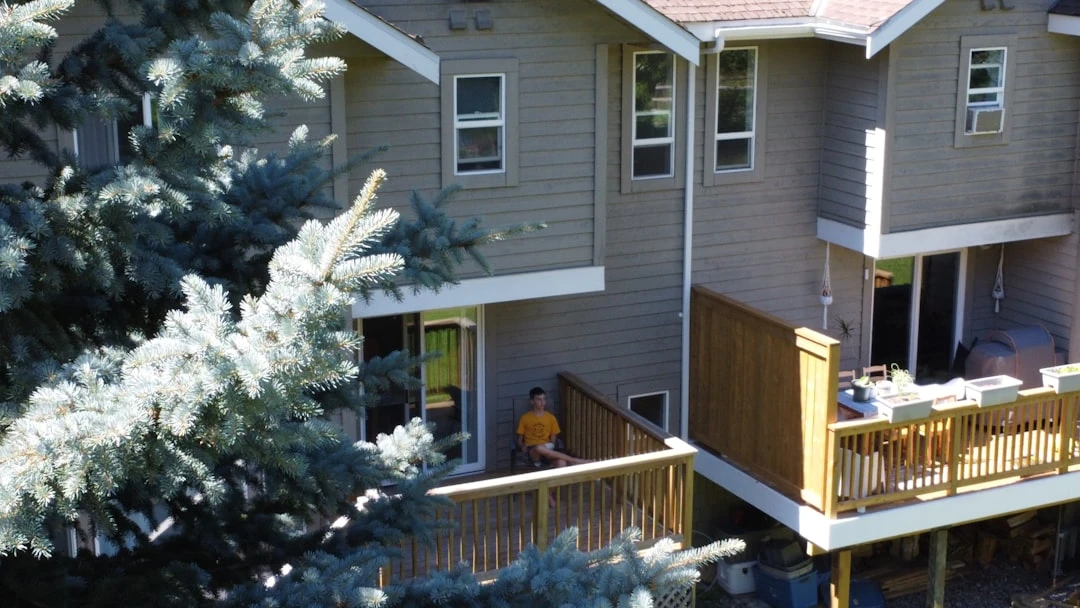
Have you ever wondered why some homes feel much more like home than others, even when the square footage and furnishings are similar? Often, the answer lies in something that no real estate listing can show - the people around you.
Why are neighbors and friendships an important part of home?
Home is more than just walls and a roof. It's a place where you feel safe, well, and complete. Quality social bonds with neighbors create a sense of security and belonging that cannot be replaced even by the most luxurious furnishings.
These social bonds significantly affect our daily well-being. They create a sense of assurance that help is nearby when you need it. This is not just an emotional aspect - strong communities reduce stress and feelings of loneliness and improve overall quality of life.
How to build good relationships with neighbors?
First impressions matter
The importance of first impressions cannot be underestimated. When you move to a new place, actively get to know your neighbors: "Hi, I'm Mari and I just moved to the 3rd floor. It's very nice to meet you!" A simple introduction can lay the foundation for a good relationship that lasts years. If you've already been living in the same place for a long time but aren't familiar with your neighbors, it's never too late to start a conversation in the elevator or while passing through the stairwell.
Be attentive and helpful
Look for opportunities to help in small ways - hold the door, help carry groceries, or offer to help a neighbor with their tasks if you see they're struggling. These small gestures create a sense of unity. For example, Siim, who lives in Kristiine, noticed that a new neighbor was struggling with moving boxes. He offered help, and now they regularly share tools and go jogging together.
Participate in community activities
Apartment association meetings and work days are great opportunities to get to know neighbors and shape your community. "I went to a community association meeting for the first time, not just out of obligation, but out of a desire to participate. This was the beginning of several interesting conversations and later friendships," shares Kati, a resident of Annelinna.
Create shared traditions
Small traditions significantly strengthen neighbor relationships. Organize a summer barbecue in the yard, exchange baked goods during Christmas, or organize regular stairwell or yard cleaning. In Nõmmel, Tallinn, one neighborhood is known for its annual summer yard day, which brings together people from different homes. This simple tradition has created a strong sense of neighborhood.
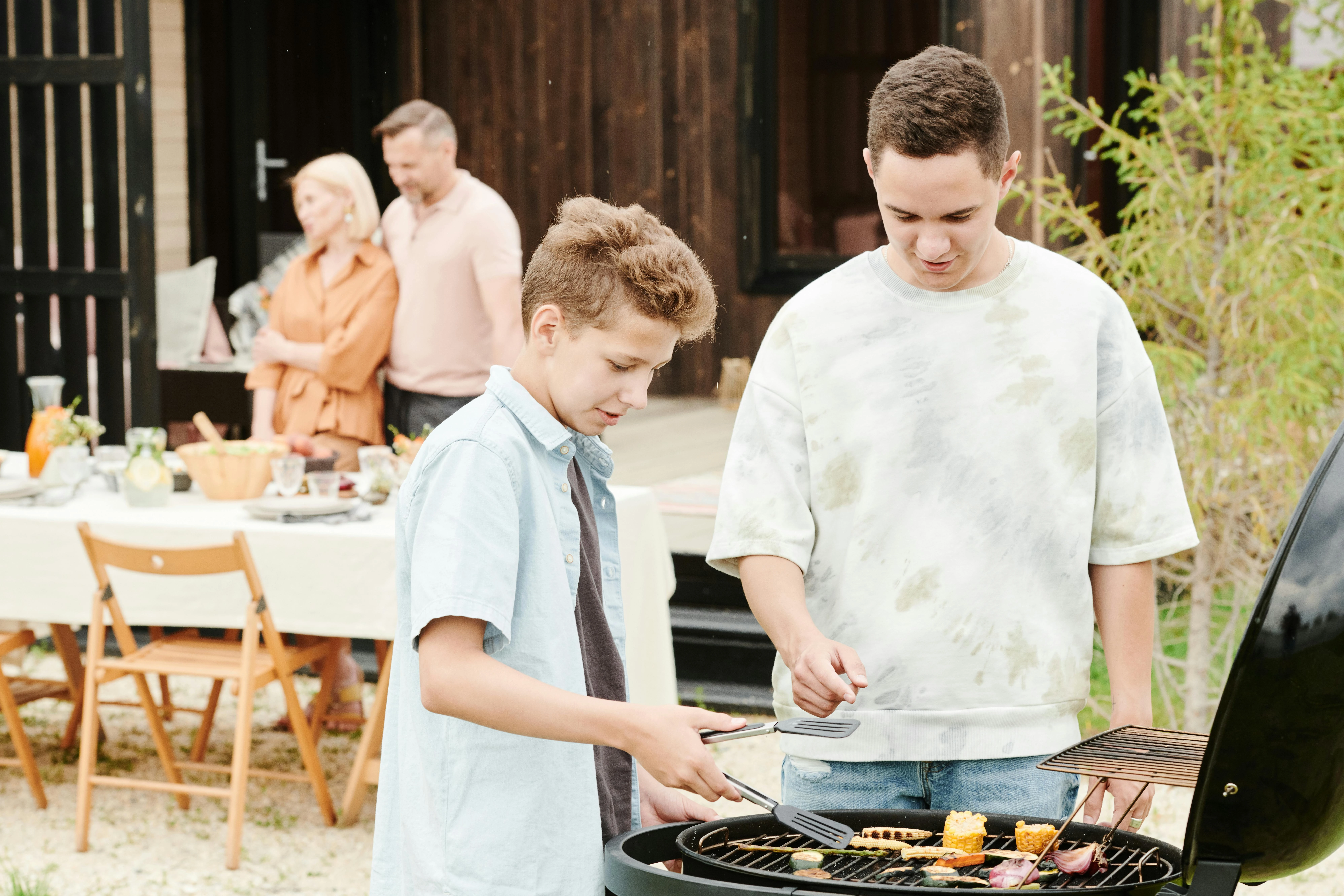
Solving problems in the neighborhood
Conflicts can occur in any community, but the way they are resolved determines whether they weaken or strengthen relationships.
Direct and calm communication
If something bothers you, start with a direct conversation. Often, a neighbor isn't even aware of the impact of their actions. "I have an important meeting from home tomorrow. Could you please start the renovation work a bit later?" Such clear, yet polite requests work surprisingly well, especially if you've already established friendly contact before.
Community safety as a shared goal
People living in a safe neighborhood feel happier. Sharing information between neighbors about suspicious activity or jointly implementing a surveillance camera system increases everyone's sense of security.
Digital solutions for connecting the neighborhood
Today, social media and apps can also help create community. Create a Facebook group for your building or street, use local community platforms to share events, or create a WhatsApp group for quick communication. "Our yard Facebook group started as a practical need to coordinate parking, but it has become much more - a real community meeting place," explains Markus, a resident of Pirita-Kose.

How to find a home with an active community?
If you're looking for a home and value community living, it's worth paying attention to this already during the search phase.
Kinnisvara24 portal search filters allow you to select areas where you are likely to find active communities. Look at area descriptions, which often mention local community activity. You should also look for keywords in your search such as "community garden," "active association," or "neighborhood events."
Involving a local real estate agent is also an important step, as they know the community characteristics of different areas. Using the Kinnisvara24 real estate agent search page, you can contact professionals who will help you find a home and neighborhood that match your values.
Strong social bonds also affect property value
An interesting aspect that many don't know - areas with strong communities maintain their property values better. People want to live in places where life is good, and an important part of that is the social network.
Estonian society, calm and oriented towards safe community living, is excellent ground for creating friendly neighborhood bonds. Our social values support joint activities and social cohesion, so we have the potential to create even stronger communities.
Where to start?
Home is never just a physical space - it's an environment that also includes the people around us. If you want to create a truly homey feeling, start today by getting to know your neighbors.
If you're looking for a new home, think beyond square footage and location - also consider what the community atmosphere of the area is like. Use Kinnisvara24 search to find a home that offers both physical and social well-being - a place where you are not just a resident, but part of something larger.
Whether it's a new development in Tallinn, a small town apartment association, or a rural single-family home area - you can build good neighbor relationships anywhere, which make your home truly a home.
